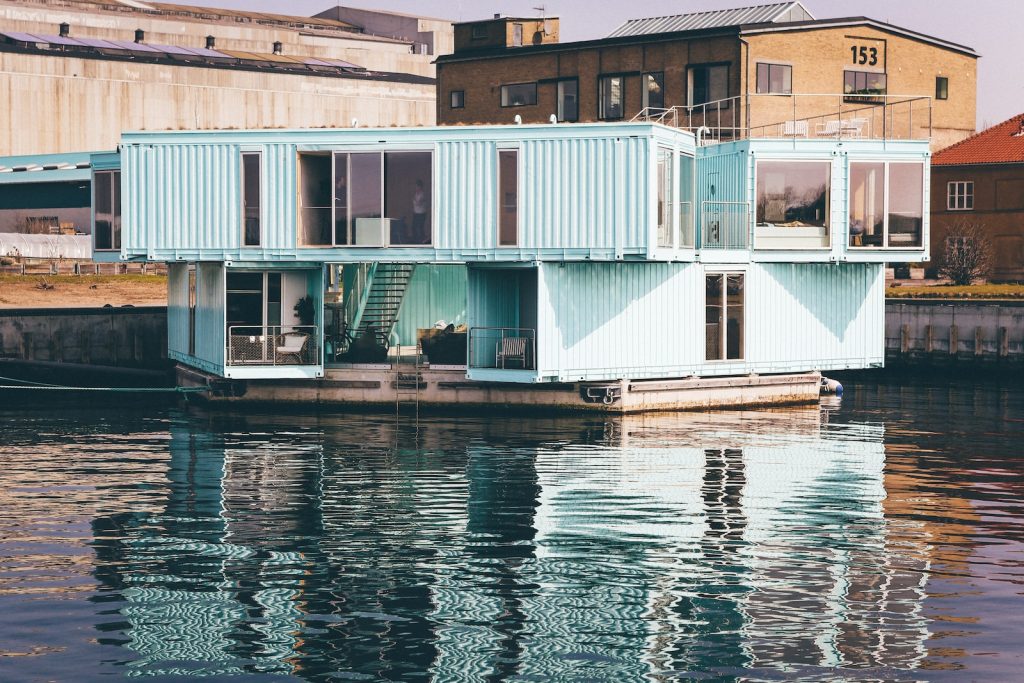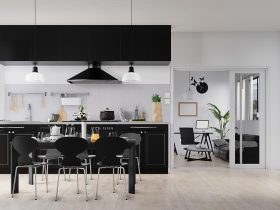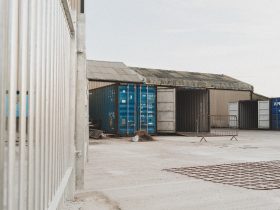Hello fellow container home enthusiasts! I’m Lulaa Black, your go-to source for all things container home-related. Today, we’re diving into a topic that can make even the most seasoned container home aficionado break out in a cold sweat: zoning laws. Yes, those seemingly endless rules and regulations that can either make or break your container home dreams. But don’t worry, I’m here to guide you through the labyrinth of zoning laws with a sprinkle of humor and a dash of practical wisdom.
The Container Home Conundrum
Now, let’s talk about container homes. These innovative and eco-friendly dwellings are gaining popularity for their affordability, sustainability, and unique aesthetics. However, they also come with their own set of challenges when it comes to zoning laws.
The first thing to understand is that container homes are relatively new on the housing scene, and many zoning laws were written long before someone had the bright idea to turn shipping containers into cozy homes. This can lead to some confusion and frustration for container home enthusiasts.

Zoning Laws 101: Residential vs. Commercial vs. Industrial Zones
Before you start planning your container home project, it’s crucial to know the zoning category of the land you’re interested in. The most relevant zones for container homes are residential, commercial, and industrial. Let’s break down what you can expect in each of these zones:
- Residential Zones are typically the most container home-friendly zones. Residential areas are meant for housing, and container homes can often fit within the existing regulations. However, you may still encounter specific restrictions, such as minimum square footage requirements, setbacks from property lines, and design guidelines.
- Commercial Zones are primarily intended for businesses, but they might allow residential use under certain conditions. Container homes in commercial zones may need special permits or variances, and you’ll likely face stricter regulations regarding parking, aesthetics, and noise.
- Industrial Zones are generally less conducive to residential living, but some areas may permit it with special permissions. Be prepared for rigorous scrutiny, as industrial zones prioritize manufacturing and other industrial activities. You might need to prove that your container home won’t disrupt the industrial operations in the area.
Local Variations and Unique Challenges
Now, here’s where things get interesting. Zoning laws are not just about the broad categories; they also vary from city to city and even neighborhood to neighborhood. So, what’s permissible in one location might not fly in another.
Imagine you’re in the charming town of Smallsville, where they embrace the quirky and unconventional. You might find that they welcome container homes with open arms and a warm smile. But take a short drive to nearby Conformityville, and you could be met with stern faces and a wall of regulations.
It’s essential to do your homework and research the specific zoning laws in your desired location. You’ll want to visit your local planning department, chat with zoning officials, and possibly consult with a knowledgeable attorney who specializes in land use and zoning issues.
Zoning Hurdles and How to Leap Over Them
Now, let’s talk about some common zoning hurdles you might encounter as a container home enthusiast and how to overcome them:
Minimum Square Footage Requirements
Some areas have minimum square footage requirements for homes. If your container home falls below this threshold, you may need to get a variance or consider expanding your design creatively to meet the requirements.
Setbacks and Easements
Zoning laws often dictate how far your structure must be from property lines and easements. You may need to adjust your container home’s placement on your land to comply with these regulations.
Aesthetics and Design Guidelines
In some cases, zoning laws include design guidelines to ensure that new structures blend in with the existing neighborhood. You might need to modify the exterior of your container home to meet these requirements while maintaining your unique style.
Parking and Access

Zoning laws may require a specific number of parking spaces for residential properties. If your land doesn’t have enough space for parking, you’ll need to find a creative solution or seek a waiver.
Accessory Dwelling Units (ADUs)
Some areas allow container homes as ADUs, which are secondary dwelling units on the same property as the primary residence. ADUs often have different regulations than standalone homes, so be sure to explore this option if it applies to your situation.
Special Permits and Variances
When in doubt, don’t hesitate to apply for special permits or variances. These allow you to deviate from standard zoning rules under certain circumstances. Keep in mind that the approval process can be time-consuming and may require a compelling argument for why your container home should be an exception.
In Conclusion
Container homes are a fantastic housing option, but they do come with unique challenges when it comes to zoning laws. Understanding your local regulations, being flexible in your design, and engaging with your community are key to overcoming these hurdles.
Remember, every zoning law can be seen as a puzzle, and you’re the crafty solver. With patience and determination, you can navigate the maze of zoning laws and turn your container home dreams into a delightful reality.
So, fellow container home enthusiasts, don’t let zoning laws scare you off. Embrace the challenge, think outside the box (pun intended), and build the container home of your dreams while respecting the rules of the game. Happy container home building!




















Find Us on Socials